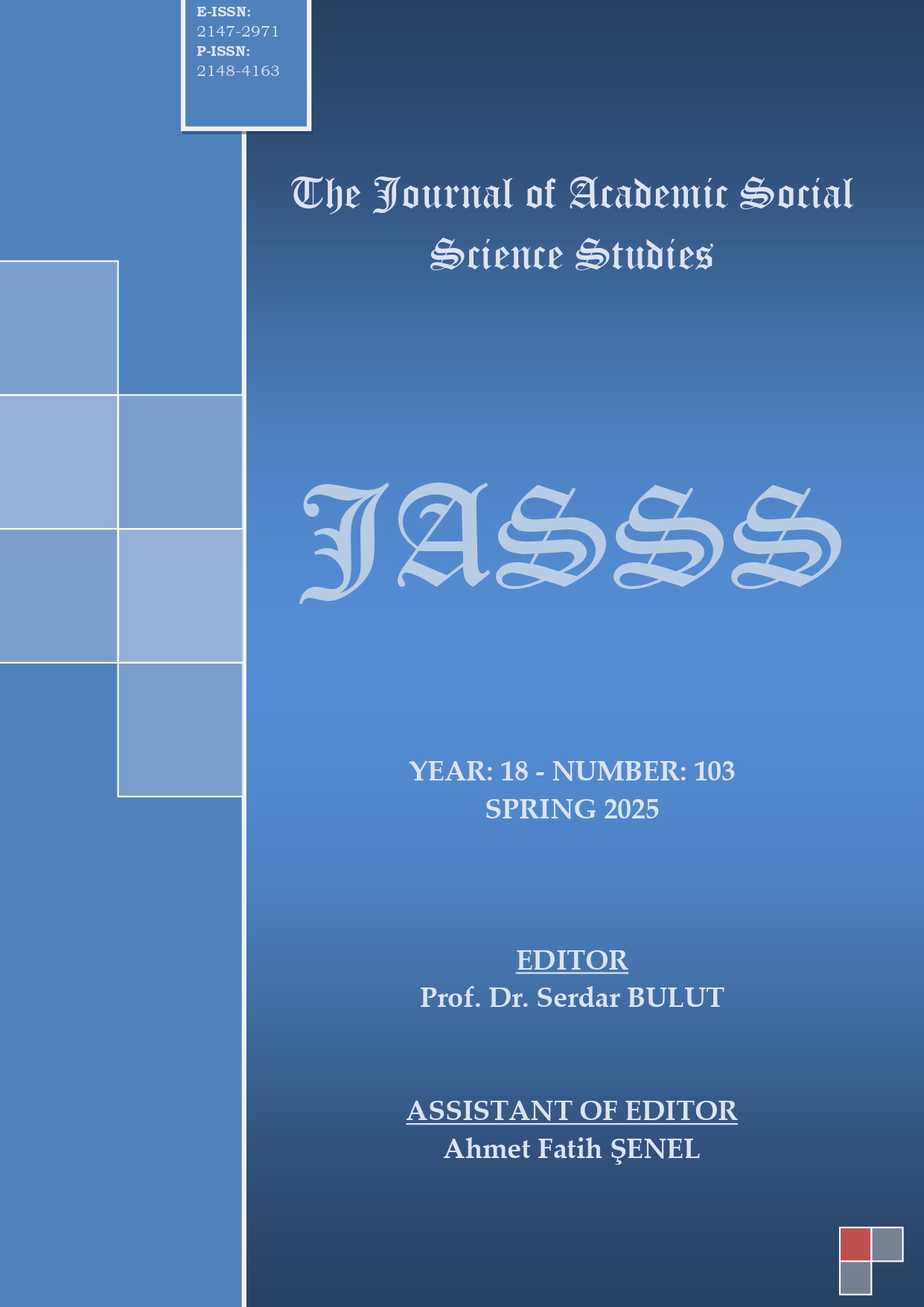Author :
Abstract
Bugün 12-29 yaş aralığında olan dünya nüfusunun %30’unu oluşturan bilgi teknolojisi, internet ve sosyal ağlardan derinden etkilenen Z Kuşağı, teknolojik bağımlılıkları ve etik farkındalıkları tarafından benzersiz bir şekilde şekillendirilmiştir. Z Kuşağı (Gen Z), teknoloji bağımlıkları ve etik farkındalıkları tüketici davranışlarını ve marka sadakatlerini önemli ölçüde şekillendiren ilk dijital yerliler grubunu temsil etmektedir. Apple ürünü Iphone’un inovatif ve teknolojik üstünlüğü, şık tasarım, lüks ve statü sembolü, diğer Apple ürünleri ile uyumu konumlandırması ile teknoloji tutkunu tüketicileri hedeflemesi ve böylelikle kişisel markalaşmayı da beraberinde getiren tüketiciler olarak Z kuşağını çağrıştırmaktadır. Ancak iPhone akıllı telefonlarının eski modellerini güncellememesi, güncellenen yazılımların kullanımı yavaşlatması, onarılabililiğinin kısıtlanması ve her yıl yeni model yükseltmesi yaparak kullanıcıları yeni modeller satın almaya teşvik etmesi, Apple ürünlerinin birlikte kullanılabilirliği nedeniyle uyum sağlayan Apple ürünleri üretme, garanti dışı cihazların yüksek onarım maliyetleri gibi planlı eskitme uygulamaları etik açıdan sıklıkla eleştirilmektedir. Bu uygulamalar, çevresel zarar, tüketici sömürüsü ve azalan güven ile ilgili etik endişeleri artırarak Apple'ın bu grup içinde sadakatini sürdürme becerisini zorlayacağı değerlendirilmektedir. Planlı eskitme ekonomik, teknolojik ve doğa açısından etik sorunlar oluşturmaktadır. Z jenerasyonu ise, markalardan sürdürülebilirlik, şeffaflık ve özgünlük talep etmektedirler ve satın alma kararlarını çevresel sorumluluk ve sosyal adalet gibi değerlerle uyumlu hale getirmek istemektedirler. Planlı eskitme, hem bireysel hem de profesyonel bağlamlarda iletişimi şekillendirerek modern yaşamda vazgeçilmez hale gelen akıllı telefon tüketimiyle güçlü bir korelasyona sahiptir ve satın alma davranışlarını önemli ölçüde etkilemektedir. Ayrıca sağlamış oldukları değer nedeniyle tüketiciler akıllı telefonlara duygusal bağlar kurmaktadır ve bu da kullanım ve tüketim modellerini etkilemektedir. Çalışma, teknoloji odaklı Z kuşağının iPhone’nun planlı eskitme uygulamalarına ve bu uygulamalarına yönelik etik algı ve tutumlarının marka sadakatine etkisini araştırmak amacıyla nitel araştırma yöntemi olan odak grup görüşmesi gerçekleştirilmiştir. Araştırma sonucunda katılımcıların çoğunun Apple’ın özellikle iPhone modellerinde uygulamış olduğu planlı eskitme faaliyetlerinin farkında oldukları ve etik dışı olarak değerlendirdikleri ancak iPhone modellerini inovatif ve teknolojik üstünlüğe sahip bir telefon olarak kullanmaya devam edecekleri, şirketin tüketiciye değer sunacak, şeffaflığa ve etik hasasiyetlere önem veren sürdürülebilir bir pazarlama stratejini uygulaması gerektiği sonucuna ulaşılmıştır.
Keywords
Abstract
Today, Generation Z, which constitutes 30% of the world population between the ages of 12-29 and is deeply affected by information technology, the internet and social networks, has been uniquely shaped by its technological addictions and ethical awareness. Generation Z (Gen Z) represents the first group of digital natives whose technological addictions and ethical awareness have significantly shaped consumer behavior and brand loyalty. The innovative and technological superiority of the Apple product iPhone, its stylish design, luxury and status symbol, positioning it as a compatibility with other Apple products, and thus targeting technology-loving consumers, thus bringing personal branding, evokes Generation Z as consumers. However, the fact that iPhone smartphones do not update their old models, the slowing down of usage of updated software, restricting their repairability and encouraging users to purchase new models by upgrading new models every year, producing Apple products that are compatible with Apple products due to their interoperability, and planned obsolescence practices such as high repair costs for out-of-warranty devices are frequently criticized from an ethical perspective. These practices are expected to challenge Apple’s ability to maintain loyalty among this group by raising ethical concerns about environmental damage, consumer exploitation, and diminishing trust. Planned obsolescence poses ethical problems in economic, technological, and natural terms. Generation Z, on the other hand, demands sustainability, transparency, and authenticity from brands and wants to align their purchasing decisions with values such as environmental responsibility and social justice. Planned obsolescence has a strong correlation with smartphone consumption, which has become indispensable in modern life by shaping communication in both individual and professional contexts, and significantly affects purchasing behaviors. In addition, consumers establish emotional ties to smartphones due to the value they provide, which in turn affects their usage and consumption patterns. The study conducted a qualitative research method, focus group interview, to investigate the effects of technology-savy Generation Z’s planned obsolescence practices of the iPhone and their ethical perceptions and attitudes towards these practices on brand loyalty. As a result of the research, it was concluded that most of the participants are aware of the planned obsolescence activities that Apple has implemented especially in iPhone models and consider them unethical, but they will continue to use iPhone models as innovative and technologically superior phones, and that the company should implement a sustainable marketing strategy that will provide value to the consumer and give importance to transparency and ethical sensitivities.





